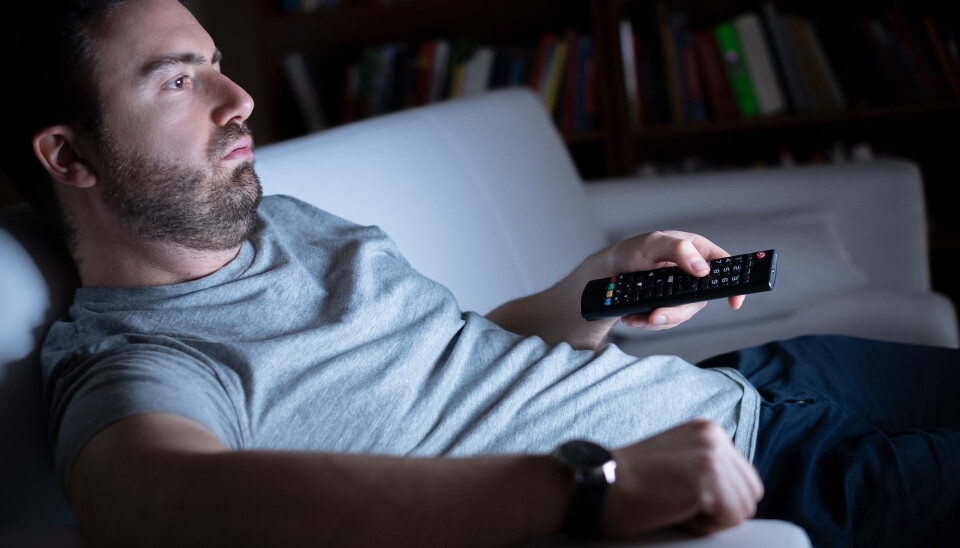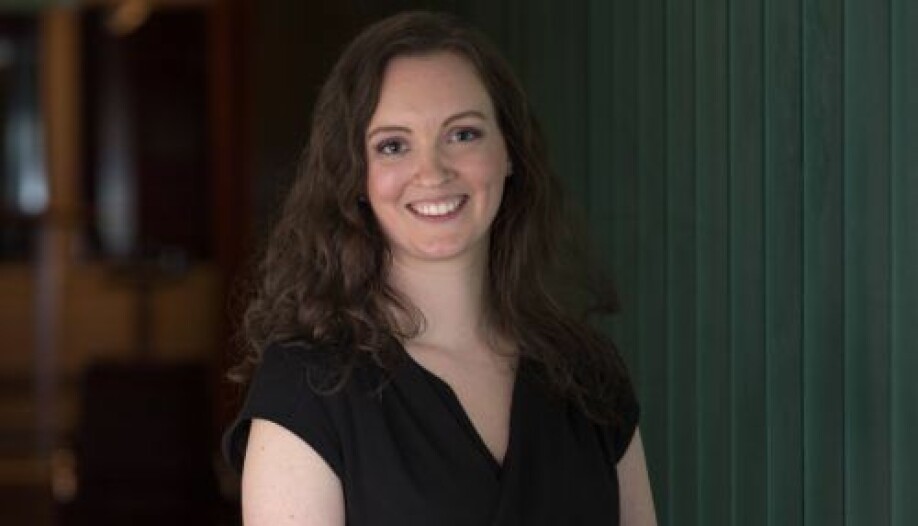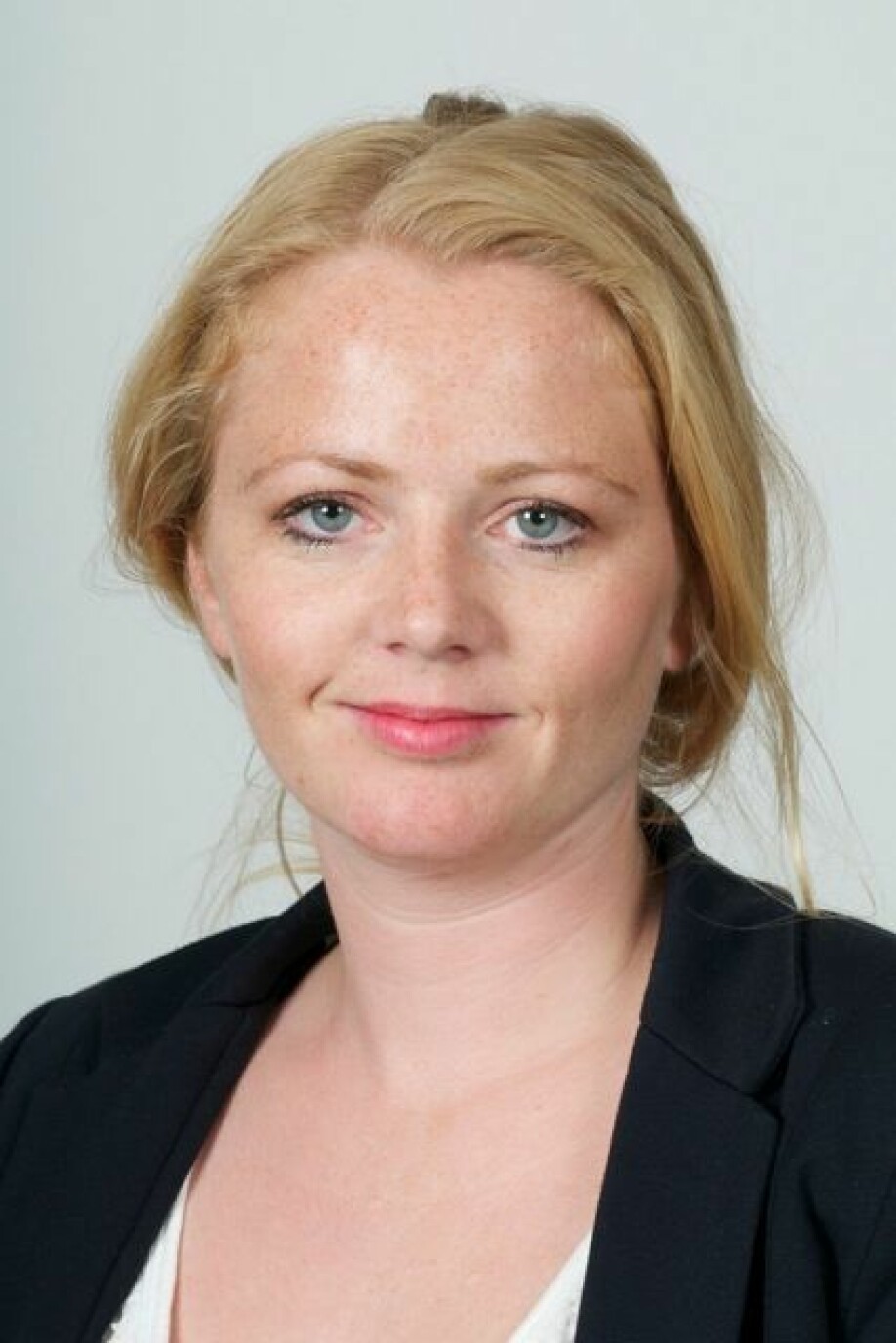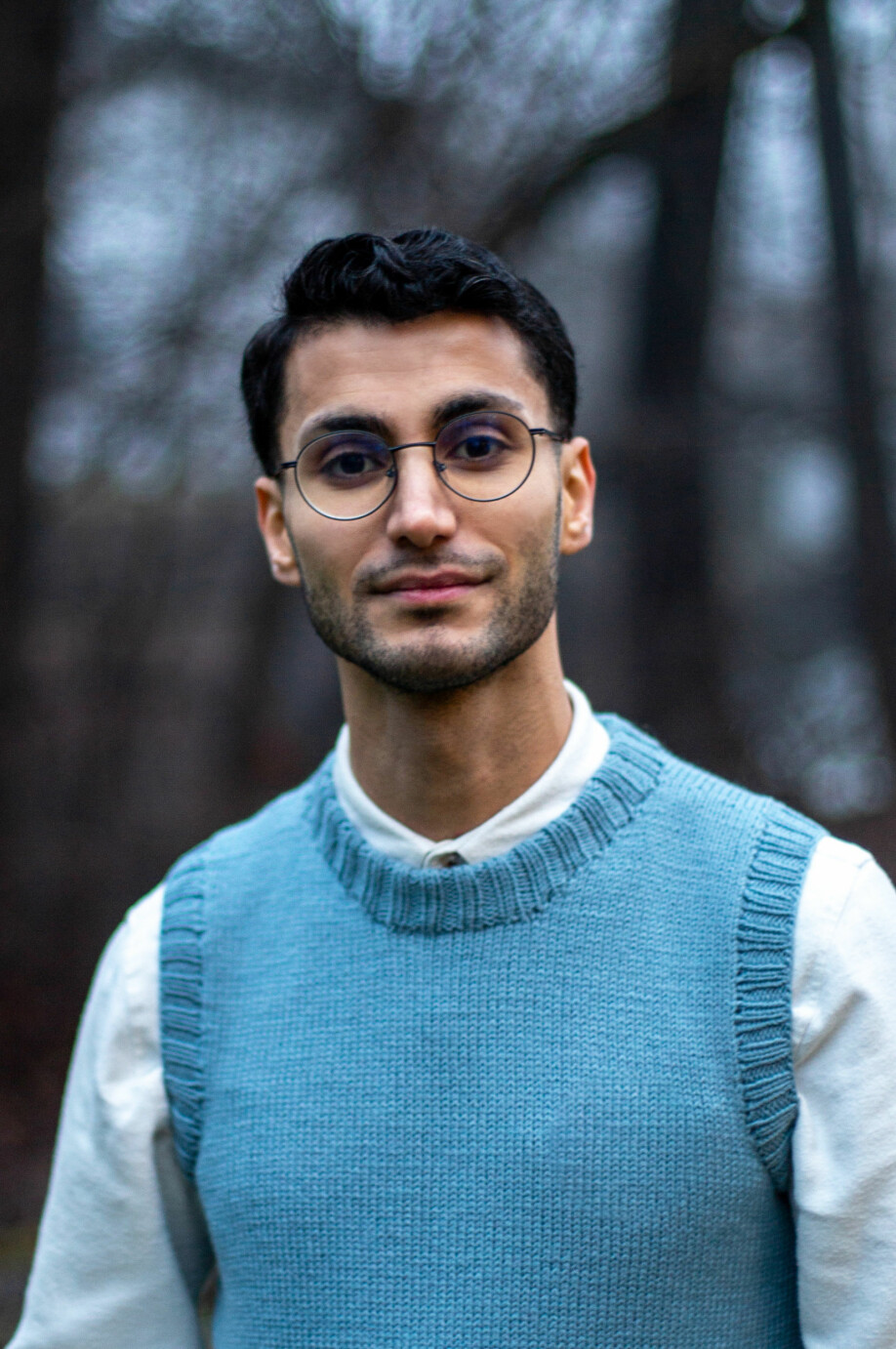
Life during the pandemic has been hard for most, but some of us have experienced a new and better world
A year has now passed since the coronavirus swept through the world. People have reacted very differently to a closed society, researchers have found.
What has it really been like for us during this strange, unimaginable year?
Many researchers in a number of different disciplines are now working to answer this exact question.
Despite the tragedy the coronavirus has wreaked, the unusual circumstances also offer a unique window of time for research.
Never before has it been possible to study so many people living in a closed society.
Some of the researchers who have been taking the temperature on how this year has affected us recently presented their main findings at an event under the auspices of Oslo Life Science 2021.
A new and better world for some
Several researchers reported that the differences between people have been amplified during the pandemic.
Coronavirus life has been hard for many of us. But for others, a new and better world has opened up.
"It's so nice to finally have a society adapted for us introverts, rather than the extrovert hell you have to deal with otherwise.”
The quote comes from a person from one research project who told researchers about her life during the pandemic.
She is not alone in finding positive aspects of her new life.
“I have worked with quite a few datasets, but have never come across one with such a large spread as this”, says Marte Blikstad-Balas.

Less stress
Marte Blikstad-Balas is a professor at the Faculty of Education at the University of Oslo who has studied what happens when the classroom moves into the living room during the pandemic.
She has talked to parents who believe that home schooling and closed kindergartens are the best things that have happened to their family. These parents have experienced less stress and enjoyed more family time.
But there is a huge variation in parents’ experiences. Most think the shift has been difficult.
“I have worked with quite a few datasets, but have never come across one with such a large spread as this,” says Blikstad-Balas.
More personal time
Arve Hansen at the Centre for Development and the Environment at the University of Oslo has studied how routines and habits have changed this past year.
He has found that many people have woken up to the fact that their lives were very stressful before the coronavirus.
Some say that they have more energy because they don’t have to spend so much time travelling back and forth to work. Some people have used this extra time for exercise, to cook more food and enjoy nature more.
Some have become more cultured.
A mother of small children who hadn’t previously had time to go to cultural events, felt like a whole new world had opened up. Everything she had previously missed suddenly came into her living room.
When researchers ask people what habits they want to take with them after the pandemic, many mention more use of home offices.
They want to free up more time to do other things in life than travel back and forth to work, Hansen says.

In worse shape
Almost everyone who has felt like they have more free time has bought a bicycle, hammock or skis and spent much more time out in nature this year.
There are also many stories in the researchers’ data to suggest that the threshold to get out of the house to exercise has become even higher than it was before. And that this year has led to people being in worse shape, both physically and mentally.
They have heard stories of people who distinguished between work time and leisure time by popping a cork on a wine bottle, and of people who have eaten more junk food than ever before.
One person told Hansen about an abrupt transition from having an extreme social life to being left at home watching Netflix. This person ended up sleeping ten hours straight and staying up all night.
Netflix eventually became less fun.
The interviews also showed that many people found it difficult to be effective at work. Suddenly they found themselves sitting in their home office watching cat videos on YouTube instead of working.
“Life during the pandemic has reinforced the differences between people. Coronavirus life has gone surprisingly well for some, but for many it has been brutal,” Hansen said.
Why do we react so differently?
Why do people react so differently to the shutdown of society?
We asked two psychologists who both have research projects examining the consequences of the shutdown.
Mona Bekkhus is a researcher at the Department of Psychology at the University of Oslo. She asked young people aged 16-19 how they felt after the restrictions on social interactions came into force.
She believes that how we deal with a situation like this depends on underlying individual differences, which are due to heredity, personality and conditions at home.
“It may be that you experience the shutdown differently depending on how you feel at home with your family. It also makes a difference as to where in the country you live and how you live,” she said.

There have been big differences in how many limitations have been placed on the social lives of young people this year. Some live in places where it has been easy to go out to meet friends, even this year. Elsewhere, young people find themselves sitting inside far too much.
Most do not thrive
Bekkhus also finds examples of young people who have enjoyed this new life, who experience it as positive to have more time for the family and more time to do things other than organized activities.
Young people are also different; not everyone is so social, she points out.
“For some, pressure at school and many social relationships can be tiring, so perhaps they thrive more alone. They may feel better during the shutdown, because they can work without interruption and have more time alone,” she said.
But most of the stories she hears from young people are not about increased well-being, she says.
Many feel lonely
Bekkhus and her colleagues did their study at the very beginning of the pandemic.
At that time, every third youth answered that they had not met any friends physically in the last week. About 40 per cent had met one or more friends once or twice.
“Not being able to physically get together with your friends during the pandemic is linked to feeling lonely and having symptoms of anxiety and depression,” Bekkhus said.
An overwhelming number of people in her study mentioned that they missed physical contact with friends.
One group more vulnerable than others
Bekkhus believes that when society gradually begins to return to normal, we must be aware that there may be more people who will struggle with mental illness.
A new study from the United States suggests that this has particularly affected young adults. Researchers estimate that over 60 per cent of Americans between the ages of 18 and 24 are at risk for developing anxiety or depression. A quarter reported they had considered suicide in the past month.
This is a vulnerable age group, she believes.
“Adolescence is a period where we go through major changes, and many mental disorders start at precisely this period. As a result, we don’t fully know the consequences for this group of the social measures that have been enacted. We have never been in this situation before,” she said.

Not surprised
Psychologist and researcher Omid V. Ebrahimi and his colleagues Asle Hoffart and Sverre Urnes Johnson at the University of Oslo and Modum Bad have studied mental health related to isolation and quarantine under the coronavirus. They have focused on adults.
Ebrahimi is not surprised that people react so differently to a closed society.
“There have gradually been enough studies on mental health during the coronavirus pandemic, both nationally and internationally, that we have had a look at the overall impact in so-called meta-studies,” he said.
These are studies that summarize the findings from many studies.
“Both our study of the Norwegian population and other international meta-studies show that there is a difference in how people have experienced the shutdown,” he says.
All researchers have found a few people who have had a better life during this period.
“People who have been overworked before and now have much more time with their family and a little more peace from work, experienced less stress than before. It seems they have finally had time to take a deep breath and relax a little,” he said.
Significantly more anxiety and depression
An important future research question is to find out more about the people who have actually had a better life during the pandemic, he says.
What distinguishes them from people who are struggling during the pandemic?
But Ebrahimi's research team is now mainly looking at the majority during the pandemic, meaning people who have gotten worse and suffered more ailments.
The fact is that most people have had a tough time during the pandemic.
“We find significant increases in symptoms of depression, loneliness and anxiety in the population during the pandemic,” he said.
Tripling in symptoms of depression
During the periods with strict shutdowns, anxiety symptoms among the population has doubled, and incidences of symptoms of depression have tripled.
This is true across many countries — in addition to the Norwegian study led by Ebrahimi.
Most people will most likely return to their original level of mental health from before the pandemic, once the pandemic and its associated measures cease, the researchers believe. They base their opinion on studies of previous pandemics such as SARS and MERS.
But for some people, the onset of symptoms will trigger a more prolonged state of mental illness that they may struggle with, even after the pandemic.
“Our first priority as of today is to find out who exactly is in this group, so that we can best prevent serious problems and do something for them now,” says Ebrahimi.
The researchers will then study people who have done well during the pandemic and try to understand their equally important experiences.
This is also important knowledge for future pandemics.
“But now it’s most urgent to look at people who are in pain, which turns out to be the majority of the population,” he said.
Loneliness triggers
Social distancing means loneliness for many. And loneliness is strongly linked to symptoms of depression, among other things, Ebrahimi said.
He explains this based on evolutionary psychological theories.
“A central theory deals with how loneliness as a feeling has arisen during our evolutionary history. The feeling will bring us back to the group and thus increase our chances of survival,” he said.
Seen in an evolutionary context, people who are alone had reduced chances of survival. As a result, we have evolved to experience the feeling of loneliness as a form of pain that is similar to physical pain. This pain is meant to motivate us to return to our group, says the psychologist.
Leads to concern
When we have now been involuntarily isolated from our group and at the same time can’t actually return to it, the experience activates this pain, Ebrahimi says.
If you want to do something about loneliness, but can’t because of coronavirus restrictions, you’ll find yourself in an essentially insoluble situation that can lead to a number of painful emotional and mental processes.
“Among other things, it leads to worrying. We know this is the driving force behind both anxiety and depressive symptoms,” he said.
This is the researchers' leading working hypothesis for the reason behind the sharp increase in mental ailments that has been observed in the majority of the population.
A pandemic after the pandemic?
Ebrahimi and several other pandemic researchers now fear that there may be a mental illness pandemic after the coronavirus pandemic.
“At the beginning of the pandemic, we were more positive about people's ability to get back on their feet quickly afterwards. We are now beginning to see numbers of concern with respect to the long-term consequences of the pandemic. It will be very important to increase our focus on mental health in the period to come to prevent this as best we can,” he said.
Unique research situation
Friends are an important social support for people. This is especially true for young people.
Researchers have never before been able to study what happens when friends cannot get together.
The pandemic gives researchers a unique window to study this, says Mona Bekkhus.
“We know from before that spending a lot of time alone means that young people are less adaptable. Social relationships are important for our mental well-being and quality of life,” she said.
Researchers are now studying in more detail whether it is possible to compensate for the loss of physical encounters by playing games or via contact on digital platforms.
So far, the data indicate that there is something special about meeting face-to-face, says Bekkhus.
“We don’t know exactly why this is the case. Perhaps physical togetherness provides a greater degree of closeness and intimacy. It can be more difficult for us to perceive each other's feelings and receive immediate feedback from those we are with during digital meetings,” she said.
Translated by: Nancy Bazilchuk.
Read the Norwegian version of this article on forskning.no.
Source: Ebrahimi, O. V., Hoffart, A., & Johnson, S. U: Physical distancing and mental health during the COVID-19 pandemic: Factors associated with psychological symptoms and adherence to pandemic mitigation strategies. Clinical Psychological Science, (2021, in press).Preprint available at: https://doi.org/10.31234/osf.io/kjzsp































